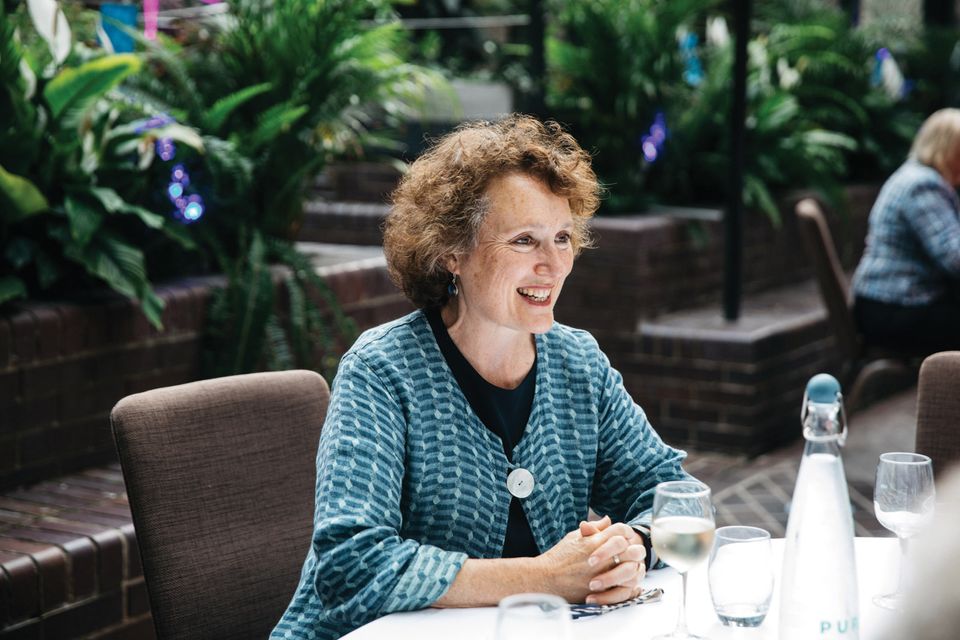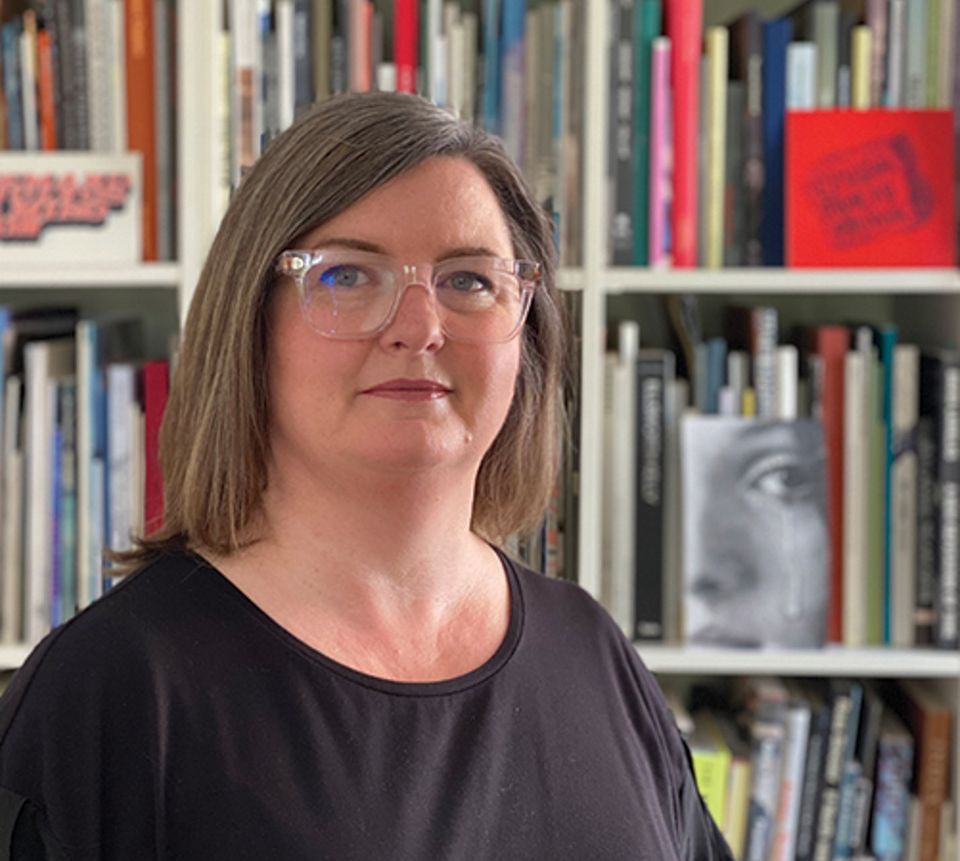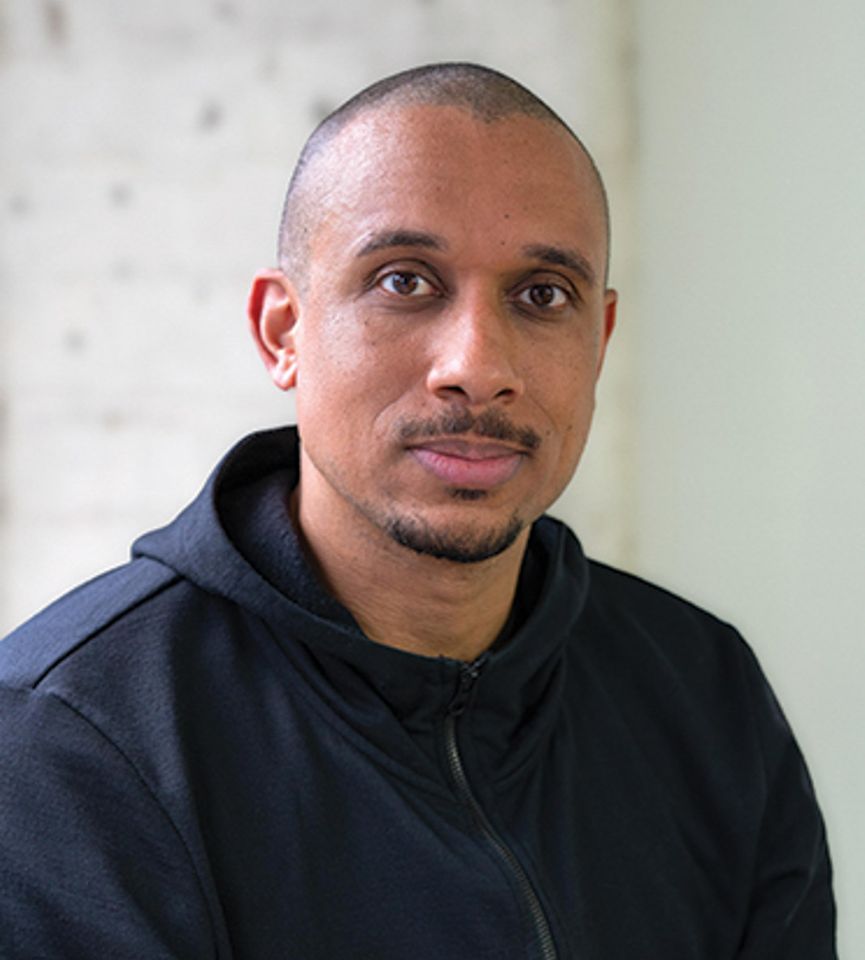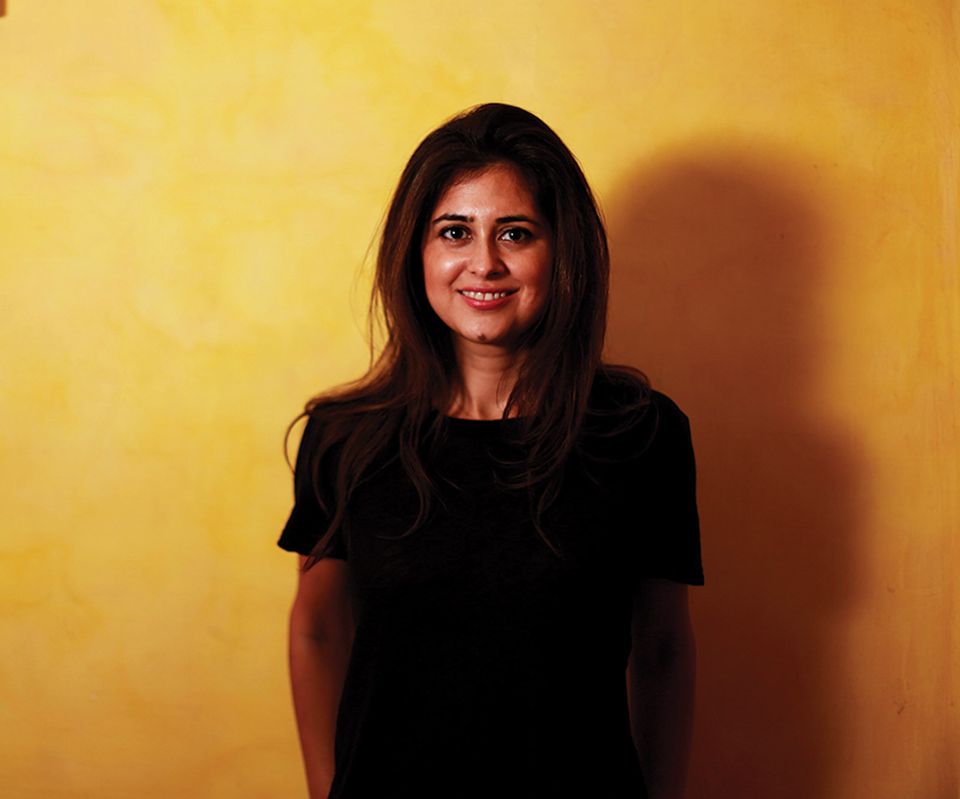
Art Fund Museum of the Year is arguably the most coveted museum prize in the world. It gives instant recognition and a massive boost in media profile, visitor numbers and digital reach to the winner, as well as awarding them £100,000 and the four runners up £15,000 each. But the prize is not just about glittering accolades and numbers: it shines a light on all the museums and galleries in the UK, whatever their scale, and tells the story of their unique achievements. As museums and galleries navigate the recovery from Covid-19, the potential of the prize has never felt more powerful.
The pandemic has decimated budgets and recent Art Fund research has shown that more than half of UK museums fear for their very survival. The government’s £1.57bn Culture Recovery Fund has been a lifesaver for many arts organisations. And charities and philanthropists have dug deep to support our museums. Art Fund, the UK’s national charity for art, committed £3.6m last year in urgent funding to help museums and galleries adapt and reimagine their ways of working.
The challenges are far from over. But it is important to celebrate what has been achieved against the odds. The UK’s museums and galleries are resilient and inventive. Their staff are brimming with ideas. They have exceptional imagination and drive to make extraordinary things happen.
This year, we recognised the huge pressures facing the sector, and we were not sure how many museums would have the time and energy to go through the process of applying for the prize. In fact, we had a record number of applications. Organisations large and small told us what they had managed to accomplish. Their stories were humbling to read.
When the judges got together for the shortlisting decision over Zoom, we did not set out to spotlight smaller museums from around the UK. It was simply that the applications from this year’s five organisations shone through. We look forward to visiting each of them before we announce the winner on 21 September. There were many others worthy of inclusion, too, and we must celebrate them all, as well as our finalists.
We were impressed by how the Thackray Museum of Medicine converted an ambulance into a mobile museum for the streets of Leeds, while its building became the first museum in the pandemic to host a vaccination centre giving 50,000 Pfizer doses to NHS staff, care workers and vulnerable people. CCA Derry~Londonderry gave paid opportunities to artists when they needed them most. Colchester’s Firstsite invited artists to create free activity packs for young people and inspired everyone to turn their windows into a national gallery during lockdown. Experience Barnsley kept people connected with an innovative online programme including daily digital jigsaw puzzles, and sent thousands of care packages out to schools, care homes and families. Timespan’s museum, geology and herb garden, bakery and cafe acted as the hub for its rural Scottish community. There are many other examples of their work in this supplement.
It was genuinely moving to see the effort that local museums put into reaching and supporting their communities during the long months of closure, often with tiny budgets and limited resources. Sharing collections and the joy of art with people of all ages, inspiring creativity, finding useful purpose for buildings, identifying new ways to connect with existing and new audiences—all of this left the judges with a feeling of awe and admiration.
Not one of the museums shortlisted for Art Fund Museum of the Year 2021 has large staff numbers or operating budgets. Their remarkable resilience and achievements are nothing short of heroic. These small but mighty museums are blueprints for innovation as we look to the post-pandemic future of our sector—and we are proud to champion them.
• Read all about the shortlisted museums here
The judges  Jenny Waldman (chair), director, Art Fund
Jenny Waldman (chair), director, Art Fund
Jenny Waldman has been the director of Art Fund since 2020. She previously led 14-18 Now, the UK’s arts programme commemorating the centenary of the First World War, which included more than 100 commissions by artists such as John Akomfrah, Jeremy Deller, Yinka Shonibare and Rachel Whiteread. Waldman is the chair of Artangel and a member of the Barbican Centre board. She received a CBE for services to the arts in 2017.
 Maria Balshaw, director, Tate
Maria Balshaw, director, Tate
Maria Balshaw has been the director of Tate since 2017. She was previously the director of the Whitworth at the University of Manchester and Manchester City Galleries, as well as the director of culture for Manchester City Council. She currently chairs the National Museum Directors’ Council and sits on the boards of the Clore Leadership programme and Manchester International Festival. In 2015, she was awarded a CBE for services to the arts.
 Katrina Brown, director, The Common Guild
Katrina Brown, director, The Common Guild
Katrina Brown is a curator and the founding director of The Common Guild. Established in Glasgow in 2006, it presents an international programme of contemporary visual art projects, exhibitions and events. Brown was previously the director of the Glasgow International Festival of Visual Art in 2010 and 2012. From 1997 until 2007, she was the curator and deputy director of Dundee Contemporary Arts. She is a trustee of Art Fund.
 Thomas J. Price, artist
Thomas J. Price, artist
Thomas J. Price is a leading British artist best known for his large-scale figurative sculptures of imagined subjects. He has had solo exhibitions at the Power Plant Contemporary Art Gallery in Toronto (2019), the National Portrait Gallery in London (2016) and Yorkshire Sculpture Park (2014). He has been commissioned by Hackney Council to create an ambitious public sculpture commemorating the Windrush generation, which will be unveiled in the east London borough in 2022.
 Suhair Khan, creative strategist
Suhair Khan, creative strategist
Suhair Khan leads strategic projects at Google, where she has been involved in developing the Waymo self-driving car, a sustainability platform for the fashion industry and numerous Google Arts & Culture projects with artists and cultural institutions. In 2020, she founded Open/Ended Design, a platform for creative practitioners and technologists. She chairs the board of Studio Wayne McGregor and sits on the external affairs committee of the Design Museum in London.
 Edith Bowman, broadcaster
Edith Bowman, broadcaster
Edith Bowman is an award-winning radio and television presenter and podcast host. One of the lead presenters on BBC Radio 1 from 2003 to 2014, she has continued her radio career on both BBC and commercial stations. In 2016, she launched Soundtracking, a podcast combining her love of music and film, and she also presents the BBC Four TV show Life Cinematic, interviewing filmmakers such as Sam Mendes and Sofia Coppola.
Source link : https://www.theartnewspaper.com/comment/against-all-the-odds-the-uk-s-museums-are-beacons-of-inspiration












